In 1972 Trysie noticed by a newspaper supplement on the training of women in the SA Police, which encouraged her to make it a career. In this narrative, she enthusiastically elaborates on the initial basic training that had virtually a military character with strict discipline. They had to learn to march, were exposed to teargas (albeit equipped with a gas mask) and learned to handle and safely shoot a pistol.
After these basics, they received further training in crime investigation, legal subjects, disaster management, first aid and self-defence. Her passing out included an impressive parade. Trysie was later one of a handful of women who completed a detective course and served in various parts. She is clearly proud of her police career - which was just too brief.


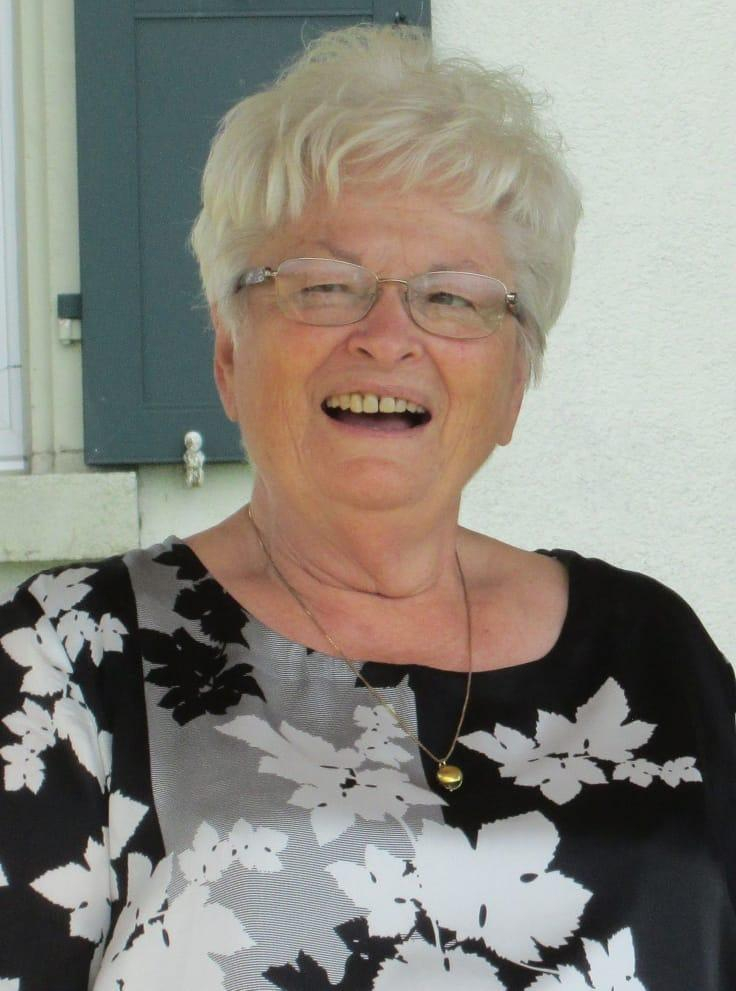 Neël tjie Zehnder 30 November 2020
Neël tjie Zehnder 30 November 2020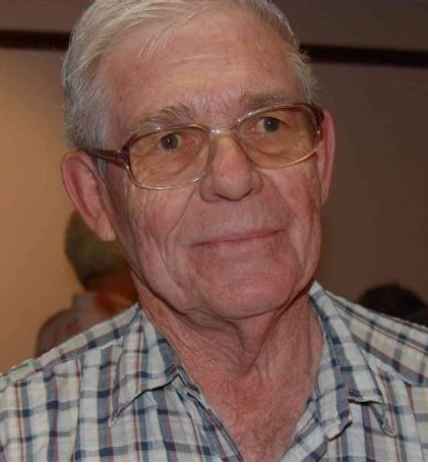 Nic Prinsloo, 31 October 2020
Nic Prinsloo, 31 October 2020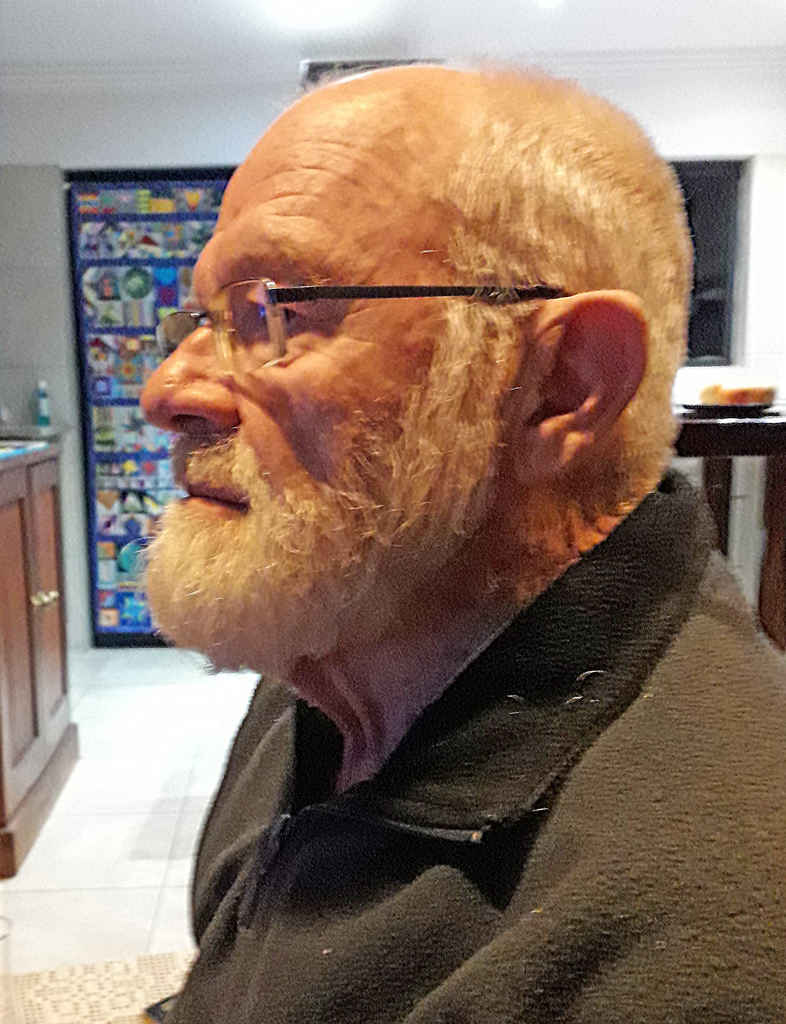 Vis Visagie, 30 September 2020
Vis Visagie, 30 September 2020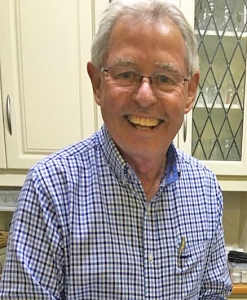 Sam J Basch, 31 August 2020
Sam J Basch, 31 August 2020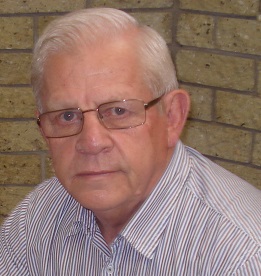
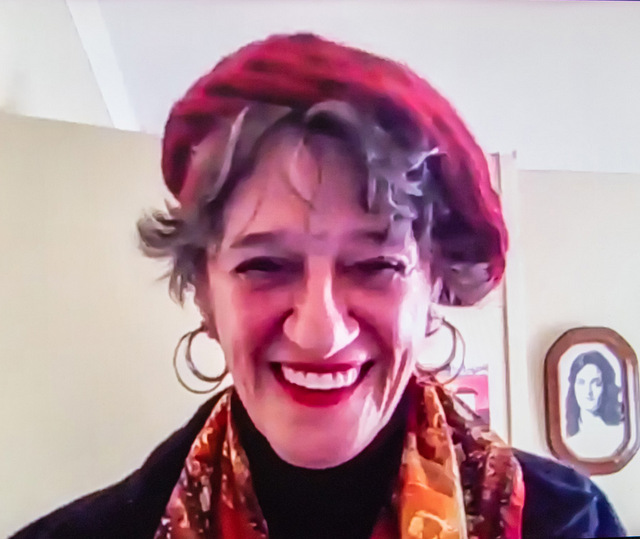
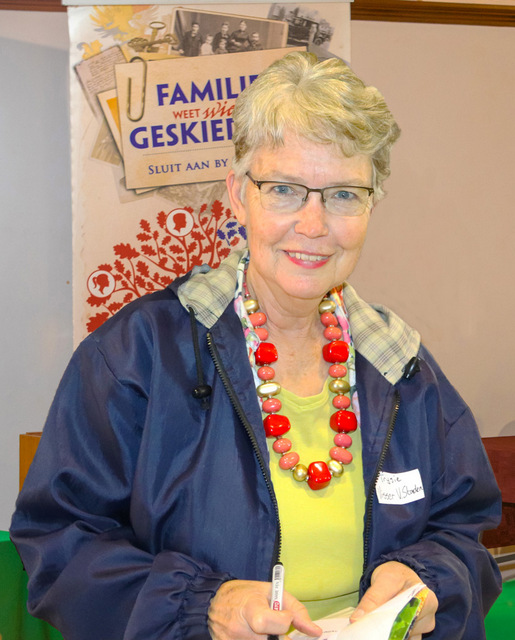
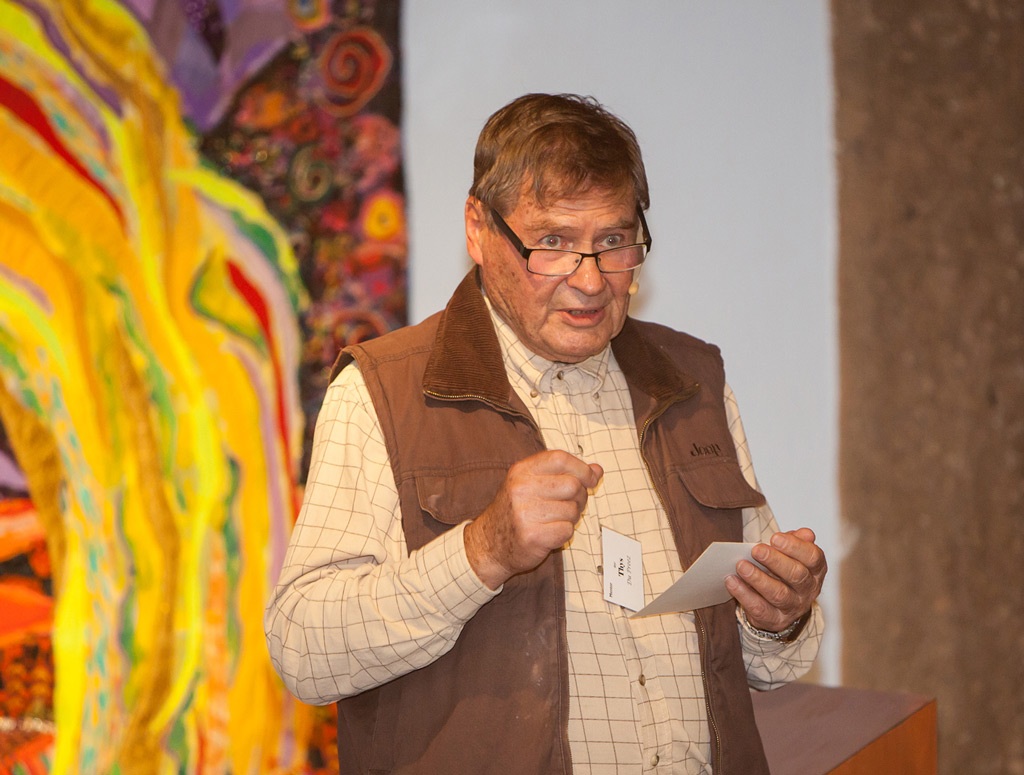 Thys du Preez, 3 May 2020
Thys du Preez, 3 May 2020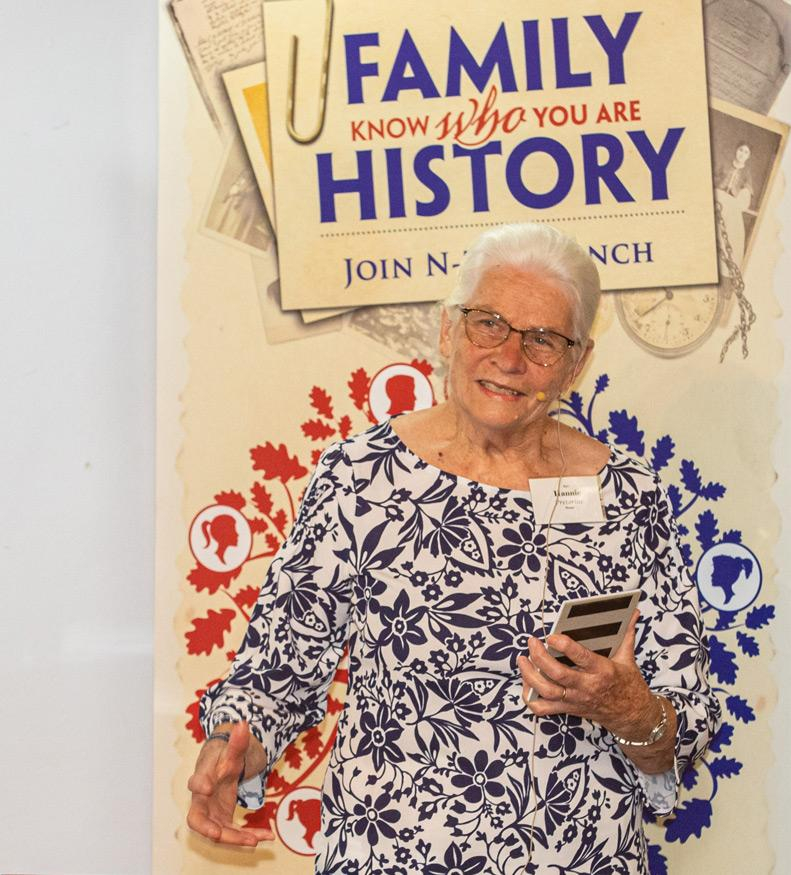 annie Pretorius, 14 March 2020
annie Pretorius, 14 March 2020